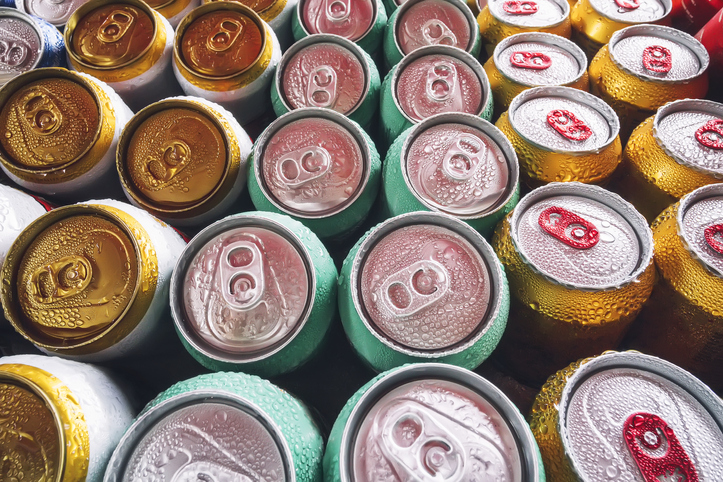Tax lost from illicit beer and cigarette sales last year fell by nearly £1bn, according to the government’s first tax-gap figures following major legislation.
HMRC’s 2018 figures are the first to cover a full year after tobacco plain packaging and the alcohol wholesaler registration scheme (AWRS) since their introduction in 2017.
Under AWRS, wholesalers must ensure they are legally allowed to sell beer and wine to retailers by registering for a unique identification number.
According to HMRC’s figures, the total value of beer sold illegally fell from £850m to £600m, while sales of illicit cigarettes dropped from £1.7bn to £1bn.
However, the tax lost due to illicit hand-rolling tobacco sold throughout the same period rose from £700m to £800m.
Although lost tax from illicit spirit sales rose from £170m to £360m, AWRS does not cover this specific category due to spirits being required to have stamps to indicate duty has been paid instead.
The Federation of Wholesale Distributors (FWD) had fought for AWRS to be introduced.
Chief executive James Bielby called the reduction in illicit beer a “huge win”. He said: “An extra £250m is going to the government instead of to criminals.
“That’s a fantastic result for a scheme that was suggested by FWD, promoted by wholesalers and embraced by responsible retailers.”
Despite the drop in illegal cigarette sales, JTI’s head of corporate affairs and communications, Charlie Cunningham-Reid, told Better Retailing more can still be done to fight illicit tobacco. “The figures released by HMRC show that, two years on from the introduction of plain packaging, there has been no change in the trend of UK tax-paid consumption,” he said.
Soft Drinks Sugar Levy could increase illicit soft drinks
“Illicit tobacco remains a serious problem with a total tax revenue loss of £45.2bn since the start of the century.”
HMRC’s figures follow the introduction of the Soft Drinks Industry Levy, which taxes soft drinks with 5g of sugar or more per 100ml.
However, the estimates fail to outline predicted tax evasion due to the policy.





Comments
This article doesn't have any comments yet, be the first!